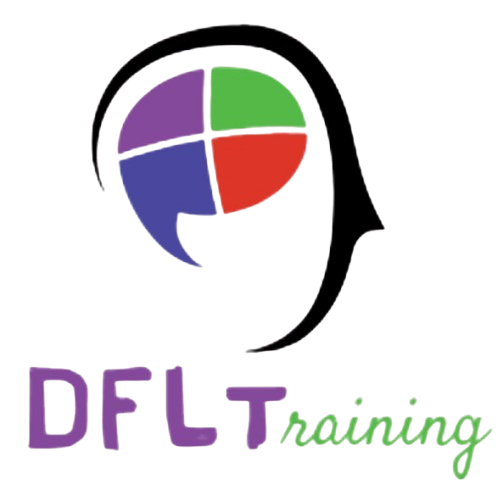SENSORY SMART SCHOOLS
Workshop Title: Sensory Smart Schools
Facilitator:
Áine Farrell, M.Ed. (Hons) Sensory Informed Neurodevelopmental and Auditory Integration Therapist.
Goals
Enhance Understanding of Sensory Integration: Build on existing knowledge of sensory integration to help staff interpret sensory-based behaviours accurately.
Assess and Address Regulatory Needs: Equip Staff with the skills to assess the regulatory needs of each child and effectively set up a daily Sensory Diet Checklist.
mplement Advanced Sensory and Developmental Strategies: Introduce advanced sensory regulation and development strategies to improve educational and therapeutic outcomes for children with autism and complex needs.
Workshop Content:
1. Understanding the Eight Senses
· Objective: Refresh and expand knowledge on sensory systems and overload indicators.
· Activities:
o Presentation of the Eight Senses: Cover both typical and atypical responses (hyper and hypo).
o Review and discussion of educational posters from www.missjamieot.com to reinforce sensory concepts.
2. Sensory Profiles
· Objective: Proficiently profile children into categories such as Sensory Seekers, Avoiders, Sensors, or Bystanders using Winnie Dunn's framework.
· Activities:
o Hands-on training with tools for sensory profiling.
o Case studies and role-playing to practice profiling techniques.
3. Strategies for Regulation
· Objective: Review and enhance the use of sensory regulation strategies within the school setting.
· Activities:
o Evaluation of current strategies and resources.
o Practical sessions on gym ball exercises, scooter board activities, swings, and goal-oriented games for various age groups.
o Workshop activities based on passive strategies like Limb Squeezing, The Wilbarger Protocol, and Back Cupping, focusing on their application for children with complex needs.
4. Sensory Motor Integration
· Objective: To layer work sensory regulation with motor skills development activities to eventually move towards organising a sensory circuit.
· Activities:
o List the skills needed by the children to participate in a circuit of activities.
o Training on how to tailor these circuits to the needs of children with complex needs.
5. Advanced Regulation and Development Strategies for Special Education Settings.
· Objective: Introduce Staff and teachers to advanced neurodevelopmental and therapeutic strategies to be integrated into daily routines (sensory diet checklists.).
· Activities:
o Demonstrations and hands-on practice of techniques such as Face Massage, Body Tapping, Hand Massage, Hand Isometrics, Foot Massage, and Rocking.
o Discussion on how these strategies can promote neural growth and development, referencing resources from Rhythmic Movement Therapy (www.rhythmicmovement.org) and Cecelia Koester( Movement Based Learning- https://breakthroughsinternational.org/movement- based-learning-about/)
This workshop is designed to be interactive, with a strong focus on practical application to ensure that staff can effectively apply these strategies in their daily interactions with children with sensory dysregulation challenges.
Approaches: Interactive PowerPoint Presentation/ Q and A / Case Study/ Hands-On-Activities/ Action Planning/ Reflection.
Option 1: Full-Day In-Service Training for SNAs and Teachers
This is a full-day training session that can be designed for SNAs alone or for both SNA's and teachers, with a focus on understanding Sensory Integration Theory and developing practical, classroom-ready strategies to support sensory regulation.
For smaller schools, I recommend pairing with one or two others to enhance the collaborative learning experience and share the cost.
The training includes:
Staffroom posters that visually reinforce key sensory concepts
A structured approach to understanding the Eight Sensory Systems
Practical tools for interpreting sensory-based behaviours and creating personalised Sensory Diet Checklists
A flyer outlining the workshop is attached and can be circulated to SNAs in advance.
Fee: €550 for the full day (including all materials and resources).
I am happy to remain on-site beyond 3 p.m. if staff wish to discuss specific student needs in more detail.




